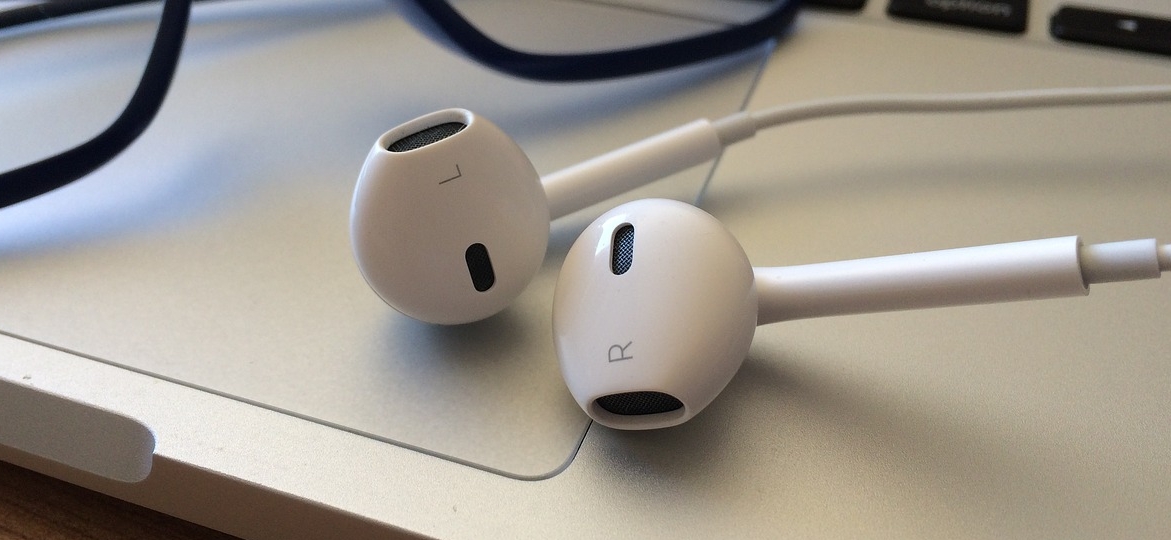Looking to learn beginner German? Whether you’re a few weeks in, or you’ve only just decided to start learning German, chances are, you might be feeling a little lost about where to begin. That’s why we’ve made this guide, specially for you! We will be addressing:
- Why it is important to learn German;
- How to start learning German for beginners;
- The most important German vocabulary words for beginners;
- The most important German grammar rules for beginners;
- Why you should focus on listening and reading first;
- The importance of practicing with a teacher or website;
- How to learn German with Global General.
So if you’re interested in learning German for beginners, keep on reading!
Let’s dive right in.
Why Is It Important and Useful to Learn the German Language?
Starting to learn German can be challenging — learning any language undoubtedly takes a lot of time, effort, and perhaps also money. You might be asking yourself, “Why should I learn German? Is learning German worth it?”
Well, yes it is! In many ways, in fact. Firstly, the career opportunities that speaking a foreign language will bring you are vast. Employers love seeing fluency in a foreign language on the CVs of potential candidates. And with German being one of the most spoken languages in Europe, and the 11th most spoken language in the world, it’s clear that it’s an excellent choice to boost your job prospects!
German will also be a great benefit to you outside of work. Remember that it’s not spoken just in Germany, but it’s also an official language in Switzerland, Austria, Belgium, and Luxembourg, and even spoken in parts of Italy as well. Altogether, that’s six more countries where you can easily travel and meet new friends, all thanks to speaking another language! You should take a look at our article on the 7 best places to learn German in Germany, Switzerland and Austria to see for yourself!
And of course, with fluency in German, you can also study abroad in any country that offers programs in German. As you can see, learning to speak German is an excellent choice for your personal development, in many different ways.

Where to Start Learning German if You Are a Beginner?
Since we’ve established that learning German is a great decision, you might be wondering about the next steps: how do you start learning German as a beginner? You might also be asking yourself “How long will it take me to learn German?“. We’ve got you covered: keep reading to find out 5 simple tips to start learning the German language.
#1: Learn Basic German Vocabulary to Be Able to Communicate
In order to learn beginner German, you have to start practicing the language as soon as possible — but how can you do that without knowing any words? You don’t need to memorize the whole dictionary in order to start speaking German with people. It’s also okay if you make mistakes — just get started and you will improve and perfect your German with time! Here are some things you should focus on to start learning German for beginners:
The alphabet
It might feel like you never use the alphabet, but remember you need to know letters in any language in order to be able to tell people how to spell your name, email, or social media handles — which can easily come up when you start making new friends! You also need to understand others when they spell their own contact information for you. So in order to start speaking German as soon as possible, make sure you know the way letters are pronounced in German, as well as the specific-to-German letters that are not found in English, such as ß (Eszett or scharfes S) or vowels “mit Umlaut” like Ü or Ä. You should also make use of this opportunity to teach German to your kids if you have any!
Numbers
Now you’ve got your new friend’s name and email, but what about their phone number? Numbers are another essential component of any language, including beginner German. Make sure you know how they are pronounced and practice them so you can easily understand when people tell you their phone number in German — they often speak quickly without realizing!
Greetings and phrases to introduce yourself
Now you can get contact information for any new German friend you make — great! But before you can do that, you need to first meet some people! For this, knowing basic greetings and how to introduce yourself in German is absolutely essential. You can find tons of helpful videos, podcasts, and webpages that can teach you how to do this. Focus on quality over quantity: there may be a dozen different ways to ask “How are you?” in German, but do you really need to know them all? It’s better to say two things well rather than learn 12 badly.
#2: Study, Learn and Remember Basic German Grammar Rules
When you’re learning German for beginners, the grammar can seem a little daunting, but don’t fret! There are a few key grammar points you can start with in order to be able to start practicing the German language in real life. If you like travelling, you can check out our article on the best local German courses directly!
Here are a few of them:
Formal or informal?
While English has just one pronoun to address someone — “you” — German has two pronouns. “Sie” is used to show respect to strangers or in formal situations, and “du” is used for people you have a closer relationship with. It’s important to use the polite form, “Sie” with new German people you meet (especially ones who are older than you) in order to show them respect and start your relationship off on the right foot.
All nouns have gender-specific articles
If forks, knives, and spoons had genders, what genders do you think they would be? In the German language, a fork is feminine, a knife is neutral, and a spoon is masculine! Yes, German nouns have three possible genders, and if you want your beginner language learning journey to be as painless as possible, you better start paying attention to the proper articles for each word right from the beginning. It can be extremely difficult to correct mistakes you’ve entrenched into your memory a couple years down the language learning process!
Basic sentence word order
One thing that might surprise a beginner German learner is that German verbs are in a relatively fixed position: usually the second element of the sentence. If you have the sentence “ich weiß das” (“I know that”), you can also say it in backwards word order, that is “Das weiß ich” (literally “that know I”). The important thing is that the verb stays in the second position in the sentence. If you become comfortable with this principle of the German language, you’ll have a much easier time putting words in the correct order to make simple German sentences.
#3: Concentrate on Listening and Reading More Than the Other Competencies
Of course, all four language competencies — speaking, writing, reading, and listening — are important. But when you’re just starting out, you can cut yourself some slack. Speaking and writing will push you further in the language and help you make German friends, but they are also more challenging. As a beginner German learner, you want to make sure you don’t overwhelm yourself, and you also want to expand your German vocabulary as much as possible — reading books and listening to podcasts made for beginner language learners are one of the best ways to do that! At the same time, you are improving your ability to understand what native German speakers are saying — incredibly important if you want to speak to people! To do this tip in the most efficient way possible, write down the new words you read or hear, along with their context, and review the words often to learn them well.

#4: Practice With a Teacher or a Website That Can Guide You
While all of these language learning tips will certainly help you learn German for beginners, there is one thing that may help you more than all of them combined — and that is a quality language teacher or website that can guide you through your language learning process. You can practice speaking and writing all you want, but if there are tons of mistakes you don’t know about, you will never be able to speak German well! Native speakers are often too polite to correct language learners, and so it’s best to spend a few hours per week practicing with a trained language teacher who can make sure you are communicating in German effectively. You can take a look at our blog post on the best free and paid resources to learn German.
A well-made language website can be just as effective — and sometimes even more! If the online platform provides personalized feedback from language experts, you have all the benefits of private lessons with a teacher, plus the convenience of being able to study on your own schedule and from wherever you like, be it your home, the office, or even a vacation spot. You might think you’ll never find a website that combines all these elements… Well, we’re delighted to say, you’ve just found one! Keep reading to find out why GlobalExam is one of the best ways to learn beginner German.
Learn German Thanks to Global General by GlobalExam
One of the easiest possible ways to learn beginner German is with Global General, an e-learning method developed by us at GlobalExam. It helps beginners and intermediate students learn German (and four other languages: English, Spanish, French, and Italian) easily and online. The languages are divided into levels based on the CEFR standards and take a minimum of 12 study hours to complete (except for English, which takes 25). This should make it easy for you to learn any language you want and to compare German to French or other languages!
Global General is sure to make starting to learn German easy and fast. Here is what we can offer you:
- Tons of flashcards to help you train your memory and learn new German words fast;
- Simulations so you can practice German in real context, for all four competencies: reading, listening, speaking, and writing;
- A “did you know” section with tips and fun facts to dive deeper into the German language and culture;
- 5000 detailed corrections;
- Personalised feedback from our expert language coaches;
- Validation of the competencies you’ve acquired after every 5 simulations;
- 150 hours of unique content;
- 500 audio tracks.
Here’s Why Global General is the Best Way to learn German
When you’re learning German as a beginner, you want to use a method which is dynamic, fun, accurate, and easy to follow — our German teaching method is exactly that! Students who learn with us emerge with a solid and complete understanding of the language, and the confidence and skills to start using it immediately. With Global General, you can learn German remotely, from anywhere you like. But that doesn’t mean you’re alone in your journey — you’ll have our team of qualified German language coaches accompanying you the entire way, giving helpful feedback and making sure you’re on the right track.
What’s there to lose? Sign up now and start learning beginner German today with GlobalExam!



